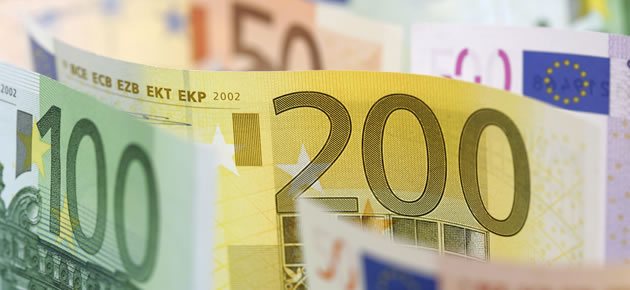Although a report showed that New Zealand’s economy expanded by 0.9 per cent in the fourth quarter, the ‘Kiwi’ declined against several of its major rivals and the Euro to NZD pairing fell.
New Zealand’s quarterly economic growth followed expansion of 1.2 per cent in the third quarter and supports the case for the nation’s Reserve Bank persevering with the increasing of interest rates.
On the year New Zealand’s economy grew by 3.1 per cent, meaning that economic expansion has exceeded 3 per cent for six months.
The nation’s growth was supported by increased exports, milk production and levels of construction output and the results were in line with economists’ expectations.
According to Bloomberg News, after the data was published ANZ bank economist Mark Smith commented; ‘The RBNZ is set to keep moving the cash rate toward less stimulatory settings. The outlook is for a solid pace of expansion in 2014, which confirms the cash rate should be lifted toward the 4.5 per cent neutral zone.’
NZ Finance Minister Bill English also said of the growth report; ‘We are making good progress but we need to remain focused on making the enduring structural changes needed for New Zealand to reach its economic potential’.
However, growth had slowed from the previous quarter and the ‘Kiwi’ was struggling against a bullish US Dollar following the Federal Open Market Committee’s announcement regarding the further tapering of stimulus.
Concerns that New Zealand’s growth is outstripping its capacity and could cause prices to rise also put pressure on the nation’s Dollar. Earlier this month RBNZ Governor Graeme Wheeler asserted that the economy can expand no more rapidly than an annual 2.75 per cent without stoking inflation.
During European trading the Euro continued trading higher against the New Zealand Dollar despite data showing that German producer prices dropped for a seventh month.
Germany’s producer price index slipped by 0.9 per cent in February, year-on-year, following surprising month-on-month stagnation. Economists had forecast a 0.1 per cent monthly increase in producer prices.
With the weekend fast approaching, Euro to New Zealand Dollar movement will be driven by New Zealand’s consumer confidence data and credit card spending figures as well as the Eurozone’s current account and consumer confidence reports.
Euro (EUR) Exchange Rates
[table width=”100%” colwidth=”50|50|50|50|50″ colalign=”left|left|left|left|left”]
Currency, ,Currency,Rate ,
Euro, ,US Dollar,1.3825 ,
,US Dollar,1.3825 ,
Euro, ,British Pound,0.8351 ,
,British Pound,0.8351 ,
Euro, ,Australian Dollar,1.5311 ,
,Australian Dollar,1.5311 ,
Euro, ,New Zealand Dollar,1.6184 ,
,New Zealand Dollar,1.6184 ,
Euro, ,Canadian Dollar,1.5550 ,
,Canadian Dollar,1.5550 ,
[/table]



